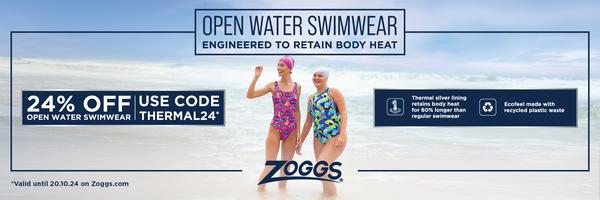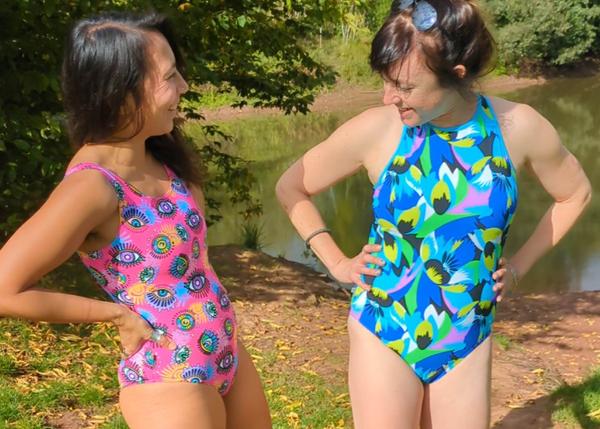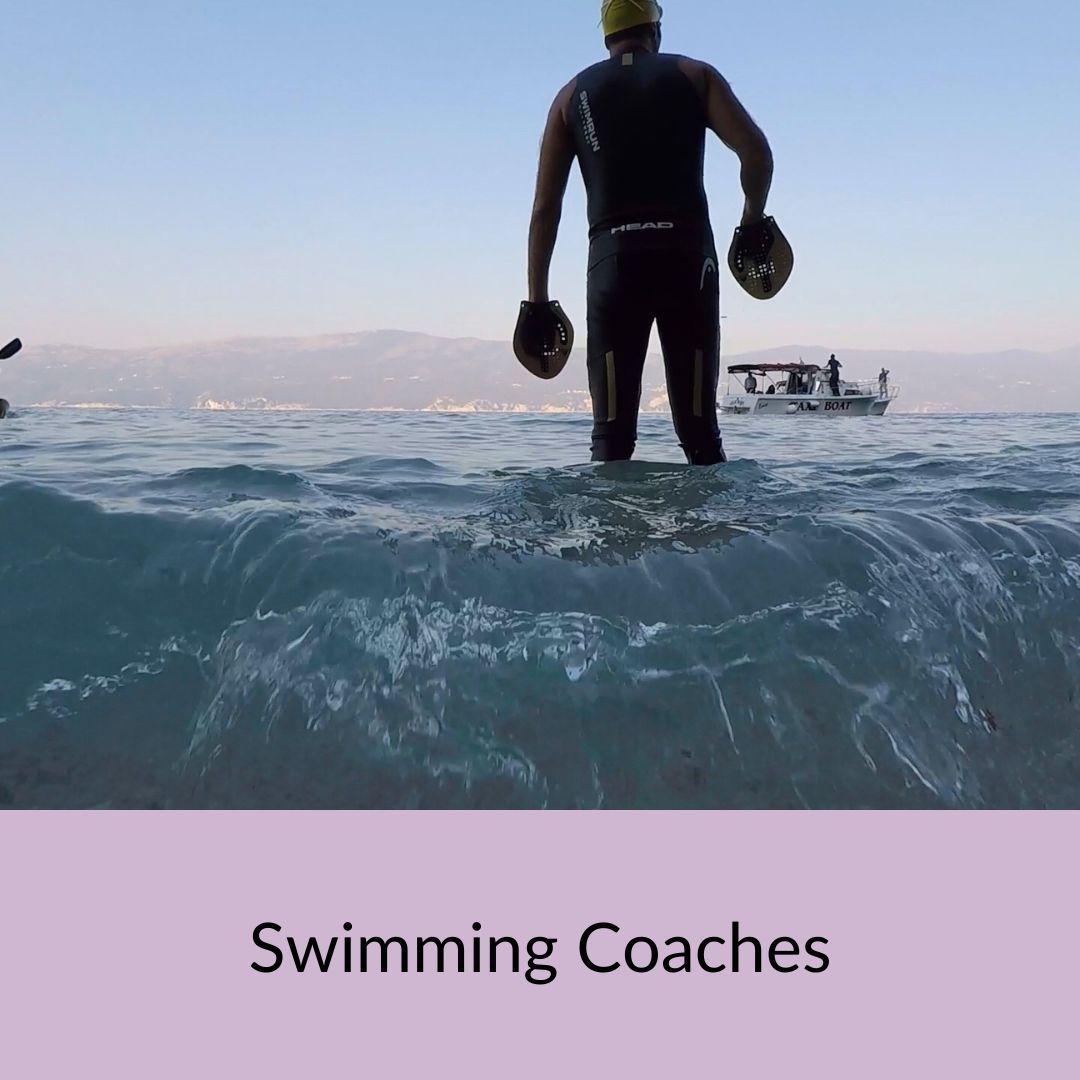Dear
fellow swimmers
The water is getting cooler. The time you can safely swim for is decreasing. If you don't normally wear a wetsuit for outdoor swimming, you may be wondering if you could extend your season by putting one on. If you normally wear one, you may be thinking about additional layers or adding gloves, booties and a neoprene hat.
I know many swimmers (and nearly all triathletes) question the worth of winter swimming. Why bother if you can't stay in long enough to get a decent work out? It's even more contentious if you have to travel a long way to get to the water. A 30-minute drive for a five-minute dip, anyone?
I once tested swimming in sub-10-degree water covered head to toe in neoprene. Only my nose and mouth were exposed to the water. Putting my face in was painful but eventually became bearable. It is possible to protect yourself sufficiently to swim outdoors in winter.
But is it worth
the effort?
There's undoubtedly satisfaction to be had from defying the elements, and there's a buzz from being outdoors that you don't get in a pool.
But overall, for me, I don't think so. I'm lucky to
have a selection of heated pools (including an outdoor one) where I can train in winter. I also live close enough to the Thames that I can dip almost any time I like.
Winter dipping offers different benefits to summer or pool swimming. I like to enjoy winter swimming for the fun of it and the health and wellbeing benefits. It’s worth it for its own sake
(even, possibly, with a 30-minute journey). Trying to get a fitness benefit from a winter swim feels like trying to achieve something it doesn’t really offer. It also adds a lot of faff I don't want to deal with (but I may pull on neoprene gloves and socks when it’s very cold). Some summer wetsuit swimmers become skins swimmers in the winter for this reason and because it’s quicker to change afterwards. Plus, if you don't fancy a full wetsuit, there are other innovative options to keep you warm
such as thermal silver lining or bonded swimwear.
But if you don't have
access to a pool or find them too unbearable, and you don't mind dealing with all the neoprene, then why not? Do what feels right for you. Just keep in mind that you can still get hypothermia in a wetsuit and swim responsibly. The only rule is to stay safe.
Read this on our website, along with our guide to choosing neoprene accessories and how to layer up after a cold water swim.
What's your preference for winter swimming? Reply to this email and let us know.
Simon Griffiths
Founder and publisher, Outdoor Swimmer
p.s. Many thanks to Zoggs, this week's sponsor. If you would like to put your brand in front of 35,000 swimmers, please get in touch.
















